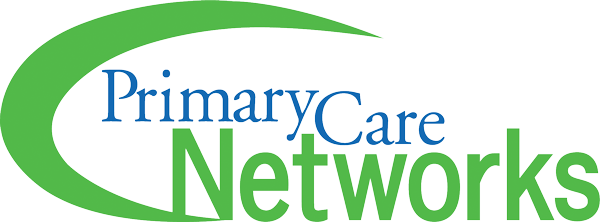Menopause awareness: let's talk about it
Menopause is a natural part of life for all women. Yet, for many, it remains a topic surrounded by silence, confusion, or stigma. Raising awareness is essential not only for those experiencing it, but also for everyone around them.
- The average Canadian woman will spend up to half of her life in a menopausal state – perimenopause, menopause and postmenopause.
- There are more than 10 million women in Canada over the age of 40. They represent one quarter of the population. Their needs related to menopause have been overlooked.
- 3 out of 4 women experience menopausal symptoms that interfere with their daily lives. 1 in 4 women suffer from severe menopausal symptoms.
- 10% of women may stop working due to unmanaged symptoms of menopause.
What Is Menopause?
Menopause marks the end of menstrual cycles and is officially diagnosed after 12 consecutive months without a period. It typically occurs between the ages of 45 and 55, but symptoms can begin earlier during a phase called perimenopause, which can last several years.
Common Symptoms Include:
- Hot flashes and night sweats
- Mood changes, anxiety, or low mood
- Sleep disturbances
- Brain fog or memory issues
- Physical changes like joint pain, weight gain, or dry skin
- Genitourinary symptoms
Treatment of symptoms
Every woman experiences menopause differently. For some, symptoms are mild; for others, they can be life-altering.
There is a range of treatment options for women in menopause. Lifestyle management includes healthy eating habits, regular exercise, stress management strategies, and self-care. There are non-hormonal prescription options for women who prefer not to take hormones or can't. Menopause hormone therapy is the most effective treatment for vasomotor symptoms and can help with sleep, mood issues, genitourinary symptoms and prevent bone loss.
Complementary therapies are another treatment option. CBT and clinical hypnosis have the most evidence to support their use to help with menopause symptoms. However, many natural health products have limited evidence of their benefit.
Why Awareness Matters
Too often, menopause is treated as a "taboo" subject, despite the fact that it affects over half the population. Increased understanding helps reduce stigma, encourages earlier conversations with healthcare providers, and ensures that people feel supported, not isolated, during this transition.
What Can We Do?
- Talk about it. Openness helps normalize the experience.
- Learn the facts. Understanding the physical and emotional symptoms is empowering.
- Support others. Whether it's a partner, friend, colleague, or family member, empathy goes a long way.
- Know when to seek help. If symptoms affect daily life, professional support is available.
Let's make menopause a normal, informed part of our conversations — not something to be hidden or endured alone.
If you have questions about menopause or need support managing symptoms, contact your local Primary Care Network (PCN) to learn about available resources and care options.
References:
